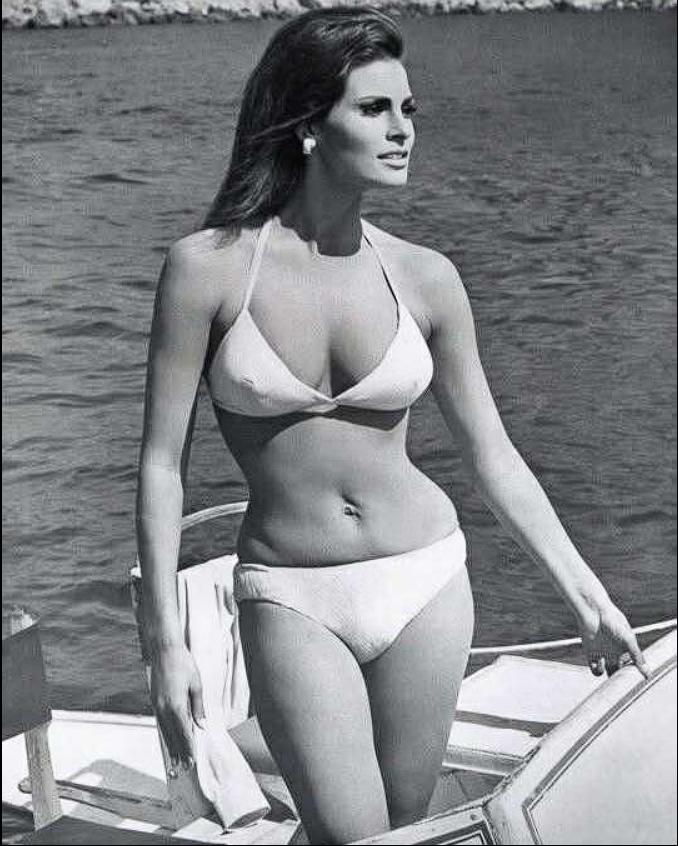Raquel Welch: The Unstoppable Icon Beyond the Bikini
She walked out of the sea wearing a fur bikini, and the world stopped. But Raquel Welch was never just a pin-up. She was a fighter—sharp, strategic, and quietly rebellious in an industry that expected her to be quiet and pretty.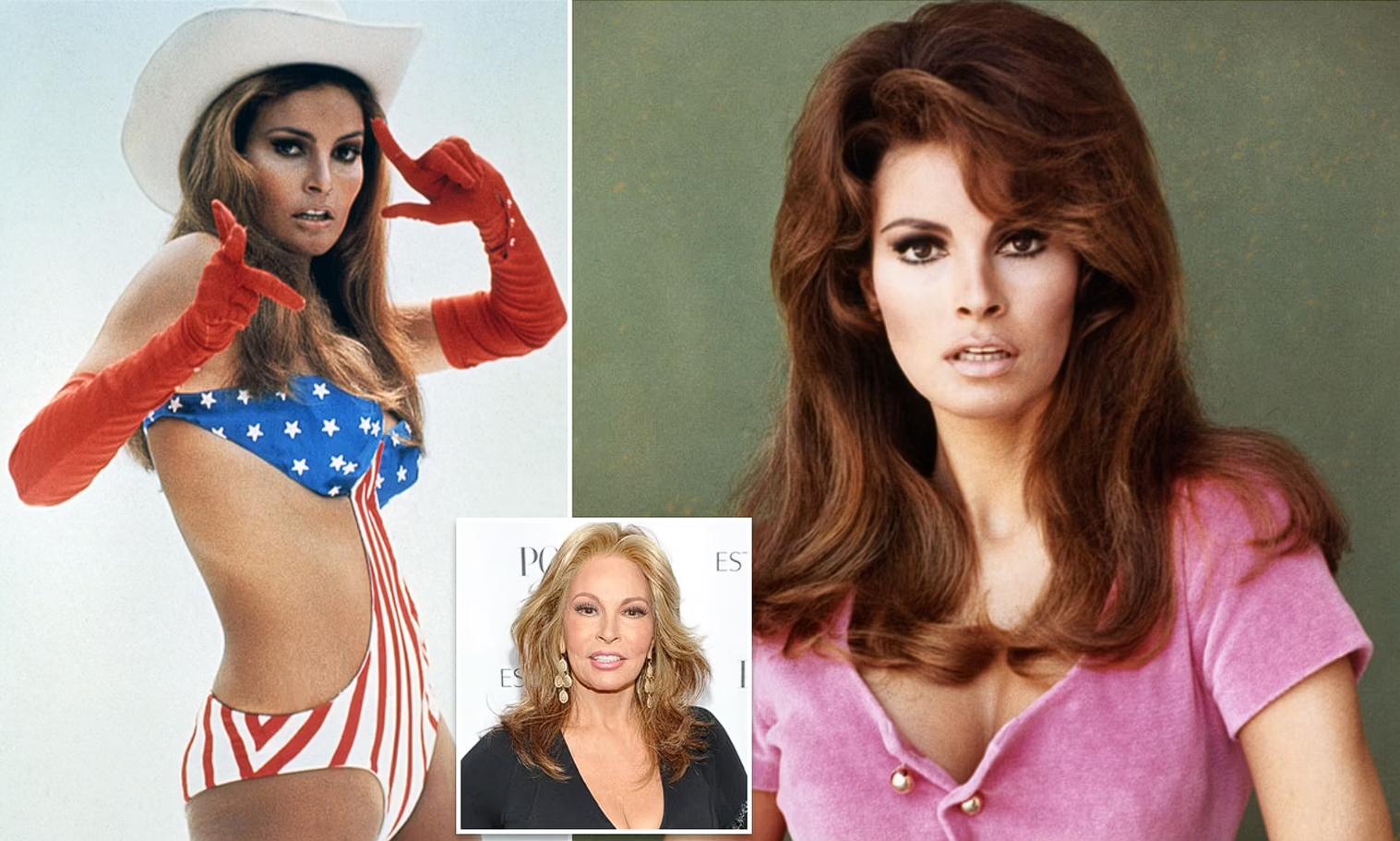
A Start Far From Stardom
Growing Up Raquel
Born Jo Raquel Tejada in Chicago on September 5, 1940, she was the daughter of a Bolivian aeronautical engineer and an American mother. Her childhood in California was ordinary on the surface, but inside, Raquel knew she didn’t quite fit. She was part Latina, ambitious, and radiated a confidence even as a child that set her apart.
She studied ballet, dreamed of the stage, and won beauty contests—but the Hollywood she faced in the 1960s wasn’t looking for someone like her to lead a movie. With determination and a name change to Raquel Welch (borrowing her first husband’s surname), she began with small roles—TV bit parts, walk-on appearances, modeling gigs, and the kind of fleeting screen time most actresses never escape from.
But she didn’t fade away. She waited for the right moment.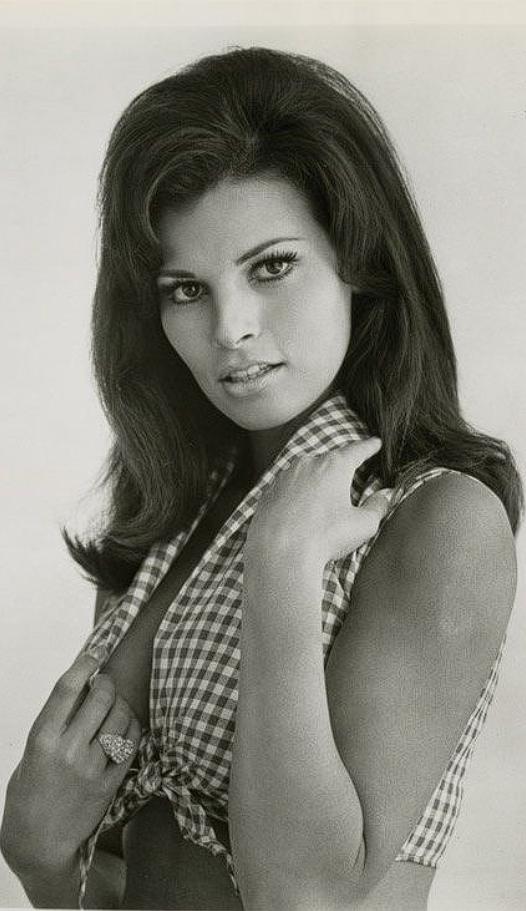
1966: The Image That Froze Time
The Birth of a Myth
That moment came in One Million Years B.C.—a British adventure film where Welch had few lines, but a wardrobe that would change everything. Wearing a fur bikini designed to maximize her statuesque figure, she emerged as a screen siren for the modern age. Posters of her image flew off the shelves. Teenage boys plastered her across bedroom walls. A myth was born, almost overnight.
But inside, Welch wrestled with the disconnect. “I was not brought up to be a sex symbol, nor is it in my nature to be one,” she once said. “The fact that I became one is probably the loveliest, most glamorous, and fortunate misunderstanding.”
The misunderstanding, however, had consequences. Directors and producers saw her as a body, not a performer. Audiences ogled, but critics scoffed. Raquel Welch wasn’t invited into the conversation about serious cinema—yet.
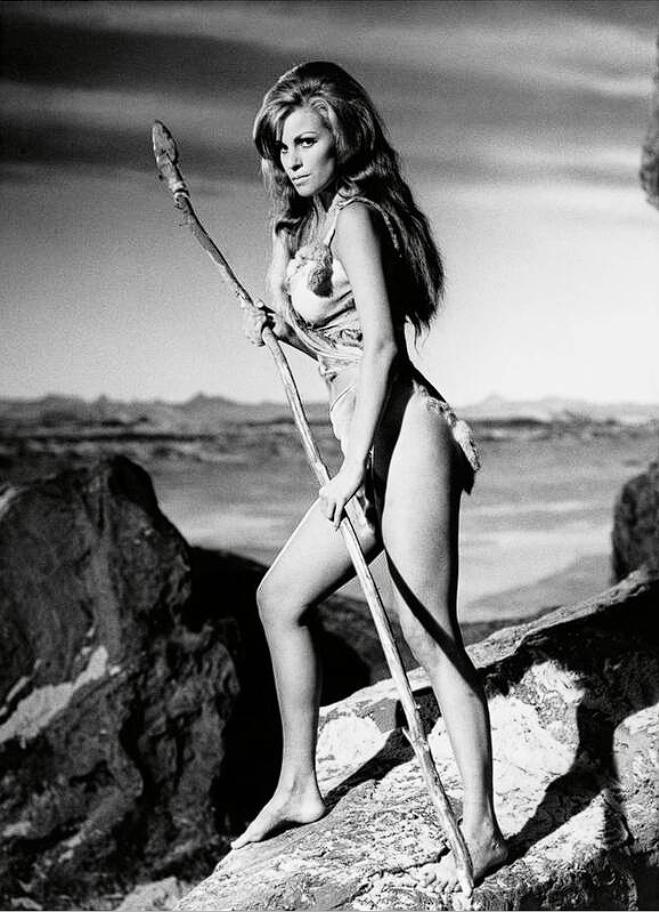
Rewriting the Narrative
The Fight for Respect
Raquel wasn’t content to stay silent and sexy. She pushed for more diverse roles and began choosing films that challenged her image. Fantastic Voyage (1966) showed her as a capable scientist, not just a decoration. Bandolero! (1968) placed her in a Western opposite James Stewart and Dean Martin. Her performances weren’t always celebrated critically, but they proved she was more than just surface.
Then came Myra Breckinridge (1970)—a controversial, campy adaptation of Gore Vidal’s novel, where Welch played a transgender film critic bent on turning the tables on Hollywood masculinity. The film was a mess, critically speaking, but Welch took a risk few actresses at her level would dare.
Her biggest breakthrough came with The Three Musketeers (1973), where her comedic timing and charm earned her a Golden Globe. Suddenly, critics couldn’t ignore her anymore. Raquel Welch had something to say—and she knew exactly how to say it.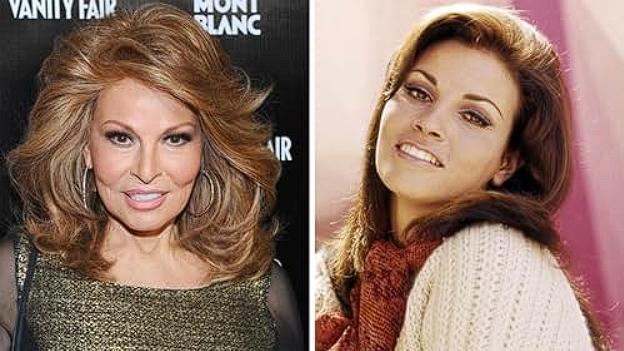
Power in an Industry That Feared It
A Woman in Control
Unlike many women of her era, Raquel Welch owned her image. She negotiated hard, refused nudity clauses, and even walked off sets when disrespected. She often clashed with studio heads and co-stars—not out of ego, but out of principle. She knew the game was rigged, and she refused to play by rules she hadn’t written.
Welch once said, “I’ve always had the feeling that I had to fight every inch of the way to win whatever place I have in this business.” And fight she did.
Even when the roles became fewer in the 1980s and ‘90s, she reinvented herself again—launching a successful beauty and fitness brand, authoring books, and appearing in guest roles that reminded people why she mattered. Whether parodying herself on Seinfeld or dazzling in interviews, she never faded. She aged with style, power, and full autonomy.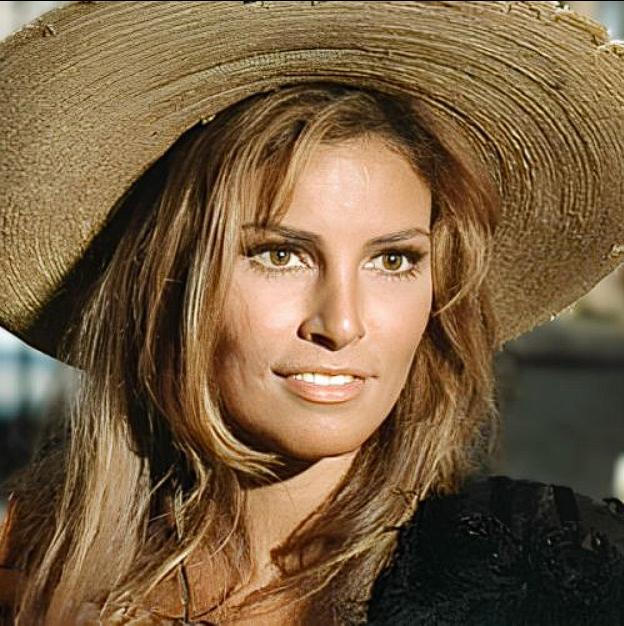
Legacy of a Trailblazer
More Than a Poster
Raquel Welch passed away on February 15, 2023, at the age of 82. But she never stopped working. She never stopped being Raquel Welch.
What she left behind was more than a cultural image—it was a legacy of self-possession. She shattered stereotypes without declaring war. She became a feminist icon not through rhetoric, but through example. In an industry that pigeonholed women, she carved out her own space—equal parts glamour and grit.
And though the bikini remains the most circulated image of her, it is no longer the most meaningful. Raquel Welch showed that beauty and strength could coexist. That sensuality didn’t cancel out intellect. That being underestimated could be a weapon—if you knew how to wield it.
She was a contradiction. A revelation. And, in the end, an unstoppable force.
